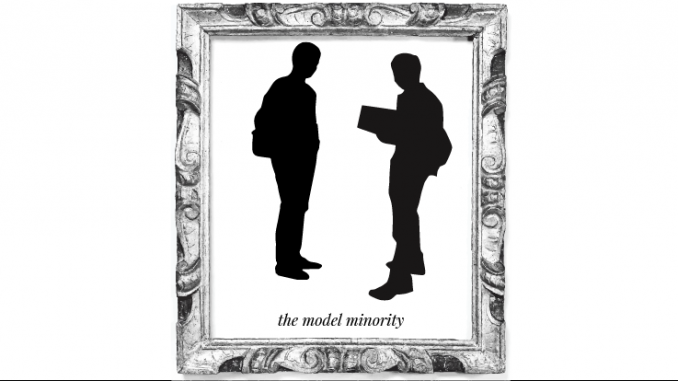
Since moving to America from Seoul, South Korea in 1998, Asian studies professor Katie Lee has witnessed positive changes in attitudes of Americans toward Asian-Americans.
But in academic settings and college environments, Asian and Asian-American students still face challenges and stereotypes.
Three lingering challenges that Lee and Temple University students discussed are language barriers, mistaking all people of Asian descent as Chinese and the assumption that Asians must be “geniuses.”
“Koreans have what we call ‘education fever,’ which stems from the age-old cultural tradition in Korea of focusing on the children’s success,” Lee said. “In Korea, being successful is not only for the individual, it is for the family.”
This “education fever” feeds into both internal and external stereotypes of Asian students as extremely smart. Lee expects her own children to be high achieving in school, but she will not pressure them too hard or force them to pursue a career path they are not interested in, she said.
“I hear my kids joking about getting ‘Asian B’s,’ which is actually an A-minus,” Lee said.
Asians are often labeled the “model minority,” said Jenny Back, a freshman advertising major from South Korea. Peers will assume she can help them with any type of schoolwork, even assignments unrelated to her major, she added.
“I was once asked by some random girl to help with a math problem,” Back said. “I am not good at math. I am an advertising major.”
Historically, model minority framing can bar Asian students from accommodations in the classroom by presenting the assumption that they do not need help to succeed, according to a 2017 report on Asian Americans and Education in the Oxford Research Encyclopedia of Education.
These stereotypes can morph into microaggressions — minor instances of unintentional discrimination, according to the Merriam Webster Dictionary. They can be harmful to one’s cultural identity, Back said.
While some students assume Back is talented at math, others assume she can’t speak English, she added. Back learned English during elementary school in Korea.
“They think [all Asians] are rich and can’t speak any English, which is not the case for everyone,” Back said.
Asia ranks second after Europe in the 2018 Education First English Proficiency Index, which measures English proficiency for adult non-English speakers.
To participate in academic classes at Temple, international students who are not native English speakers must score 79 or higher on the Institutional Test of English as a Foreign Language.
Language barriers play a role in any student’s comfortability in engaging in conversations or speaking up in class, regardless of their native language, Lee said. Students enrolled in classes that are not taught in their native language may be less likely to participate in class, she added.
“I know that they are very talkative outside of class,” Lee said of the international students. “Even though [international students] are from different regions of Asia, they still share similar cultures, so they have more of an understanding for each other.”
In Lee’s Korean classes, native English speakers tend to be quieter and less participatory, she said.
Nhu “Cammie” Lam, a freshman international business major from Ho Chi Minh City, Vietnam, said she is sometimes stereotyped to be Chinese.
“A lot of people do not know about Vietnam’s culture,” Lam said. “[They] think it is still a poor, underdeveloped country when actually it is not like that at all.”
Rather than responding to these misconceptions with anger, Lam recommends international students and American students both take time to get to know each other better.
Taking the effort to meet a person on an individual level and practicing open-mindedness, can help eliminate microaggressions, Back said.
“[Stereotypes] definitely bother me a little because I just want to be myself, but by now I am used to it,” Back said.



Be the first to comment